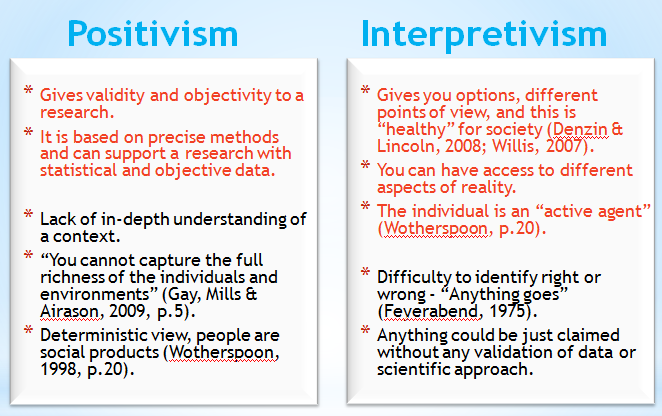Q.3 The positivist and post-positivist debate offer a striking contrast in terms of approach and methodology to the study of International Relations. Describe, compare and critically evaluate the divergence between the two debates. Are there any point of convergence? 2017

Positivism and post-positivism are two contrasting theoretical approaches to the study of International Relations that differ in their ontological, epistemological, and methodological assumptions. Here’s an overview of the differences between the two debates:
Positivism:
Positivism is a philosophy of science that emphasizes the use of empirical observation and quantification to explain and predict social phenomena. In the context of International Relations, positivists argue that the study of international politics should be modeled after the natural sciences, using rigorous methods of hypothesis testing and statistical analysis. Positivism is characterized by the following assumptions:
- Ontology: The world is objective, external to the observer, and can be studied through empirical observation and measurement.
- Epistemology: Knowledge is gained through observation, experimentation, and the use of the scientific method.
- Methodology: Positivists rely on quantitative research methods, such as surveys, experiments, and statistical analysis, to generate empirical data and test hypotheses.
Post-positivism:
Post-positivism is a philosophy of science that criticizes the positivist approach for being too narrow and deterministic. Post-positivists argue that social phenomena are complex, multi-dimensional, and cannot be reduced to simple cause-and-effect relationships. They argue that the study of International Relations should be more reflexive and open to different forms of inquiry. Post-positivism is characterized by the following assumptions:
- Ontology: The world is socially constructed, and different actors have different interpretations of reality.
- Epistemology: Knowledge is subjective, and the researcher’s biases and assumptions shape the research process.
- Methodology: Post-positivists use a variety of qualitative and quantitative research methods, such as case studies, interviews, discourse analysis, and ethnography, to generate rich, nuanced data and explore the complexity of social phenomena.
Critical evaluation of the divergence:
The positivist and post-positivist debates offer fundamentally different approaches to the study of International Relations. Positivists argue for a more objective, empirical, and scientific approach, while post-positivists argue for a more reflexive, subjective, and interpretive approach. While the two debates offer contrasting perspectives, there are also points of convergence between them. For example:
- Empirical analysis: Both positivists and post-positivists rely on empirical analysis to generate data and test hypotheses. While positivists emphasize the use of quantitative methods, post-positivists use a combination of qualitative and quantitative methods.
- Reflexivity: Post-positivists emphasize the importance of reflexivity, which means being aware of the researcher’s assumptions and biases that may influence the research process. Positivists also acknowledge the importance of reflexivity but tend to focus more on objective measures of reliability and validity.
- Causality: Both positivists and post-positivists are concerned with understanding causality in International Relations. While positivists tend to use statistical methods to identify causal relationships, post-positivists are more interested in exploring the complexity of causality, including the role of agency, power, and discourse.
In conclusion, while positivism and post-positivism offer contrasting approaches to the study of International Relations, there are points of convergence between the two debates. Positivists emphasize the importance of empirical analysis and scientific methods, while post-positivists prioritize reflexivity and a more nuanced understanding of social phenomena. Ultimately, the choice of approach depends on the research question, the availability of data, and the researcher’s theoretical and methodological preferences.